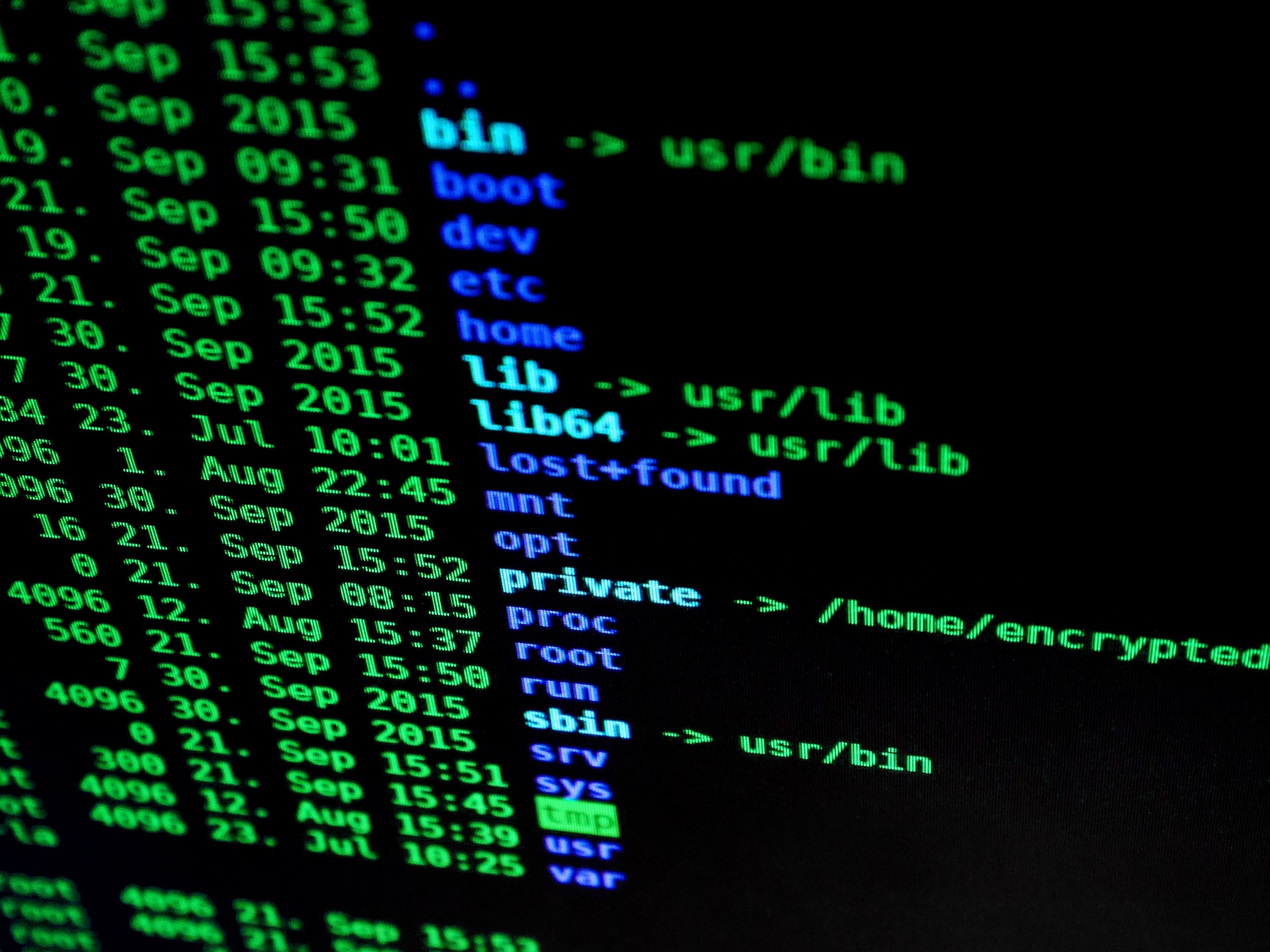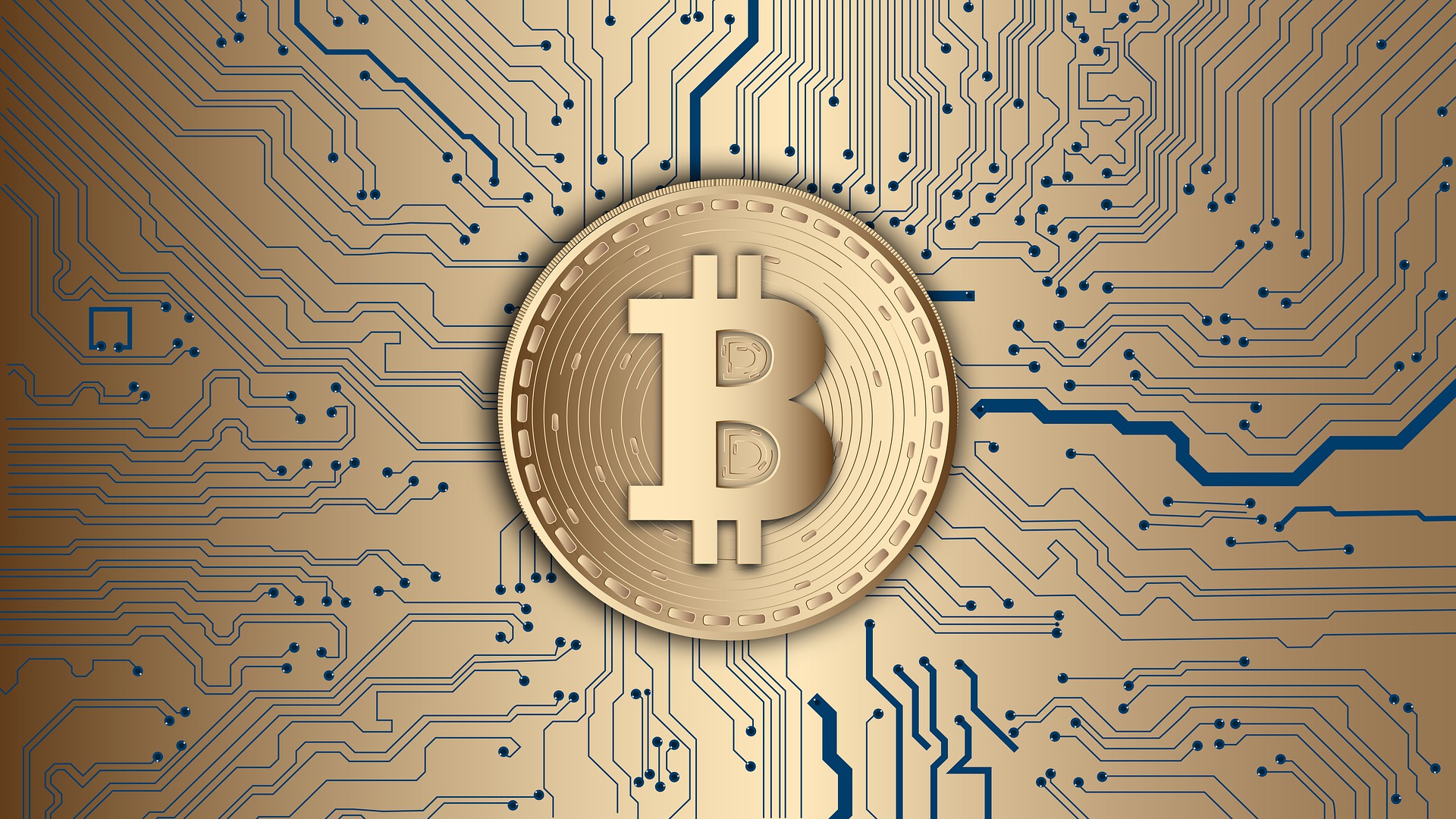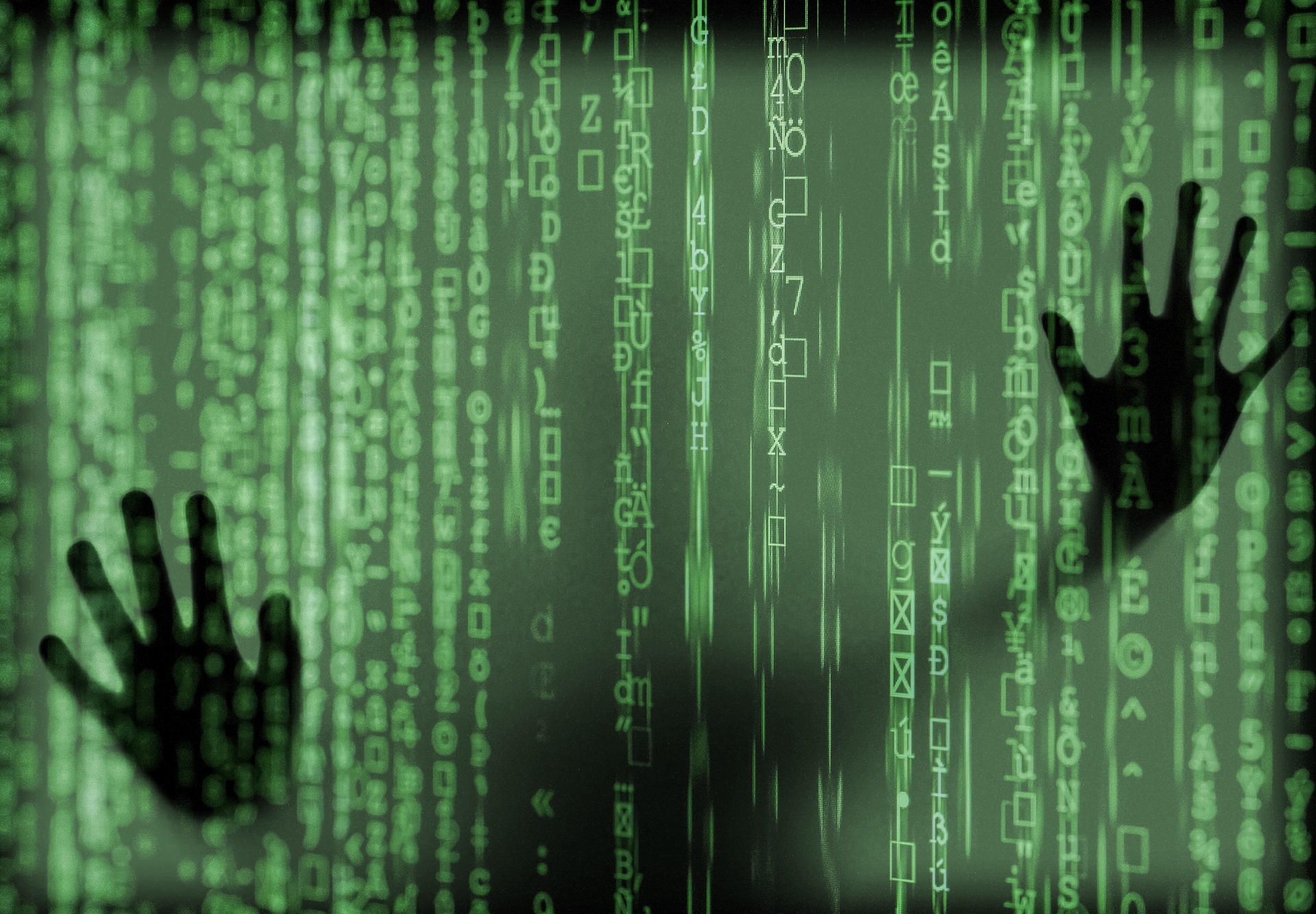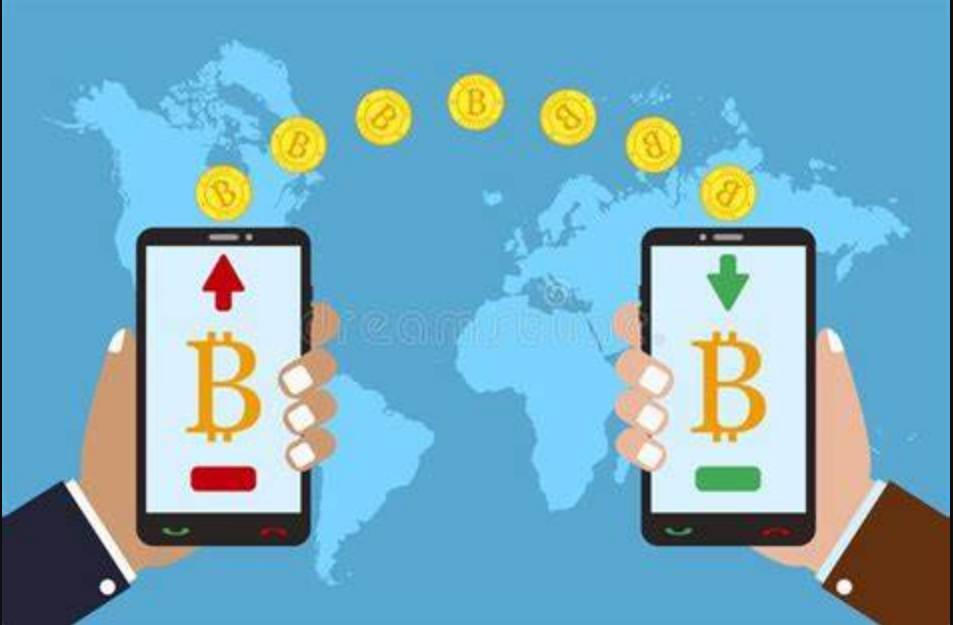Mt. Gox was once the world’s biggest Bitcoin exchange, handling over 70% of all Bitcoin transactions at its peak. However, it fell from grace in a spectacular fashion when it was revealed in 2014 that it had lost a substantial amount of its customers’ Bitcoin.
The origins of Mt. Gox date back to 2010, when Jed McCaleb, a programmer best known for creating the P2P network eDonkey, launched the exchange. It was initially created as a platform for exchanging cards for a game called Magic: The Gathering, hence the name Mt. Gox (Magic: The Gathering Online eXchange). However, McCaleb saw the potential for Bitcoin and reoriented the site to become a Bitcoin exchange.
In 2011, McCaleb sold the exchange to Mark Karpelès, a French developer and Bitcoin enthusiast living in Japan. Under Karpelès’s leadership, Mt. Gox quickly became the world’s leading Bitcoin exchange.
However, in June 2011, Mt. Gox experienced its first security breach where a hacker used credentials from a Mt. Gox auditor’s compromised computer to transfer a large number of Bitcoins illegally to himself. The hacker immediately sold these coins, causing Bitcoin’s nominal price to drop to one cent on the Mt. Gox exchange.
The major hack that led to Mt. Gox’s downfall occurred in 2014 but was believed to have started as early as 2011. In February 2014, Mt. Gox suspended trading, closed its website and exchange service, and filed for bankruptcy protection from creditors. In April 2014, the company began liquidation proceedings. It was revealed that around 850,000 Bitcoins belonging to customers and the company were missing and likely stolen, an amount valued at more than $450 million at the time.
In March 2014, Karpelès found 200,000 of the missing bitcoins in an old-format digital wallet, which had been used prior to June 2011 and were not recognized as Bitcoins by the Mt. Gox system. This discovery brought down the number of lost bitcoins to 650,000.
Investigations into the hack suggested that the Bitcoins were stolen from the hot wallet of the exchange over time, which allowed the theft to go undetected for years. The hot wallet was kept online to allow for instant transactions, a practice that is now considered risky.
How The MtGox hack Changed Perspectives on Bitcoin Security
The Mt. Gox hack was a pivotal event in the history of Bitcoin that fundamentally altered the perceptions and approaches towards security in the cryptocurrency community. Here’s how it changed perspectives on Bitcoin security:
- Understanding the Risks of Centralization: Mt. Gox was a centralized exchange, which made it a prime target for hackers. Its failure underscored the risks associated with centralization and led to increased support for decentralized exchanges, which are seen as less vulnerable to such attacks.
- Importance of Regulatory Oversight: The hack highlighted the lack of regulatory oversight in the cryptocurrency space. In the aftermath, many called for increased regulations to protect investors and hold exchanges accountable.
- Need for Secure Storage: The hack made users realize the risks of storing large amounts of Bitcoin on exchange wallets. It popularized the use of offline “cold storage” wallets and hardware wallets, which are less susceptible to online hacking attempts.
- Importance of Transparency: The delayed disclosure of the Mt. Gox hack damaged trust in exchanges. After the hack, there was a greater demand for transparency from exchanges in terms of their security measures, financial solvency, and operational procedures.
- Professionalism and Security Expertise: The Mt. Gox hack also exposed the lack of professionalism and security expertise among some cryptocurrency exchanges. This led to a push for greater professionalism and the involvement of individuals with more experience in finance and cybersecurity.
- Multisignature Wallets: Following the hack, there was a rise in the use of multisignature wallets. These wallets require more than one private key to authorize a Bitcoin transaction, providing an additional layer of security.
- Two-Factor Authentication: The Mt. Gox incident led to the widespread adoption of two-factor authentication (2FA) for accessing cryptocurrency exchange accounts. This added an extra layer of security, as users would need to provide two types of identification before being granted access.
In essence, the Mt. Gox hack was a wake-up call for the Bitcoin community and it catalyzed significant improvements in the security practices of exchanges and individual users alike.
More News About Crypto : NEWS
Follow our Twitter : https://twitter.com/DinoDapps




